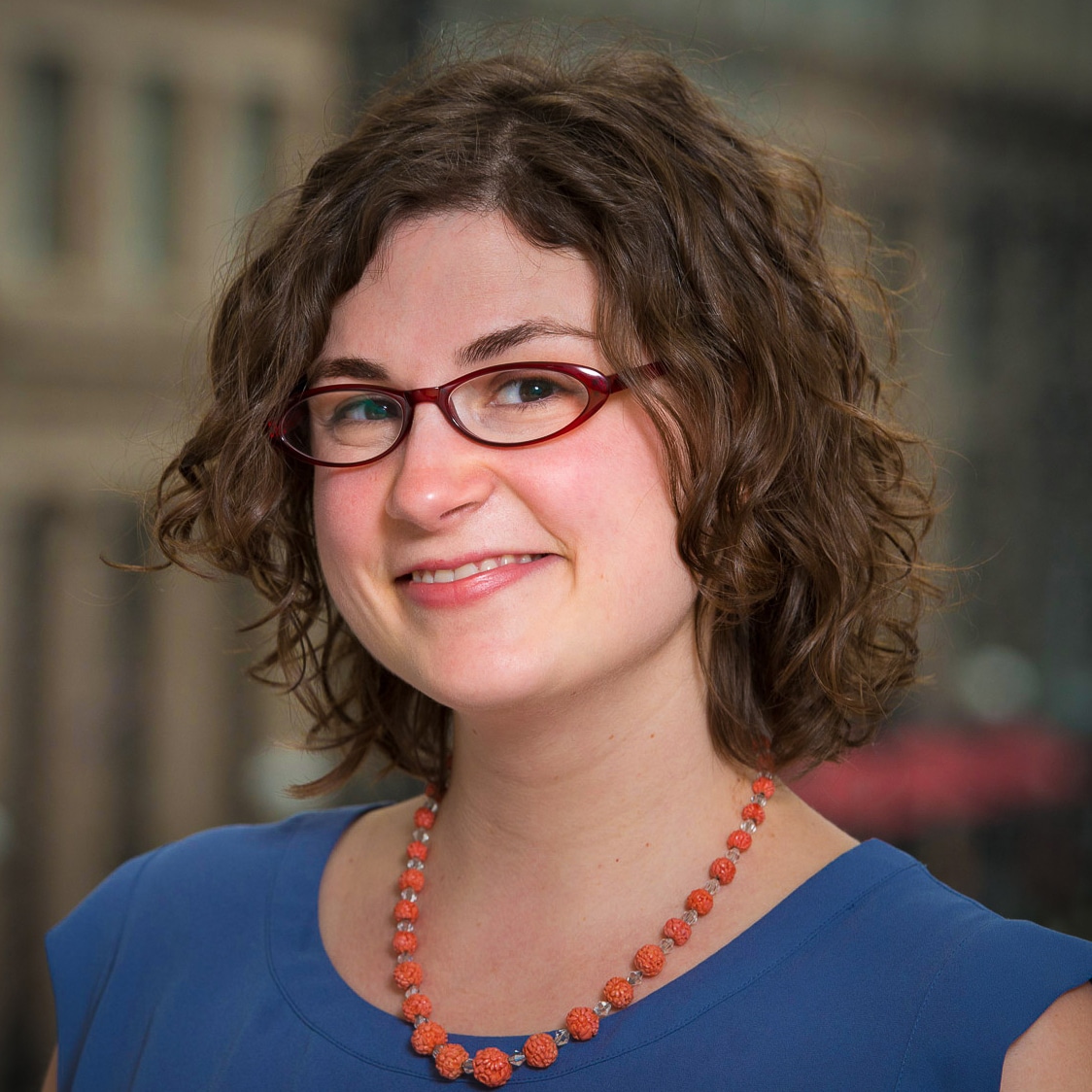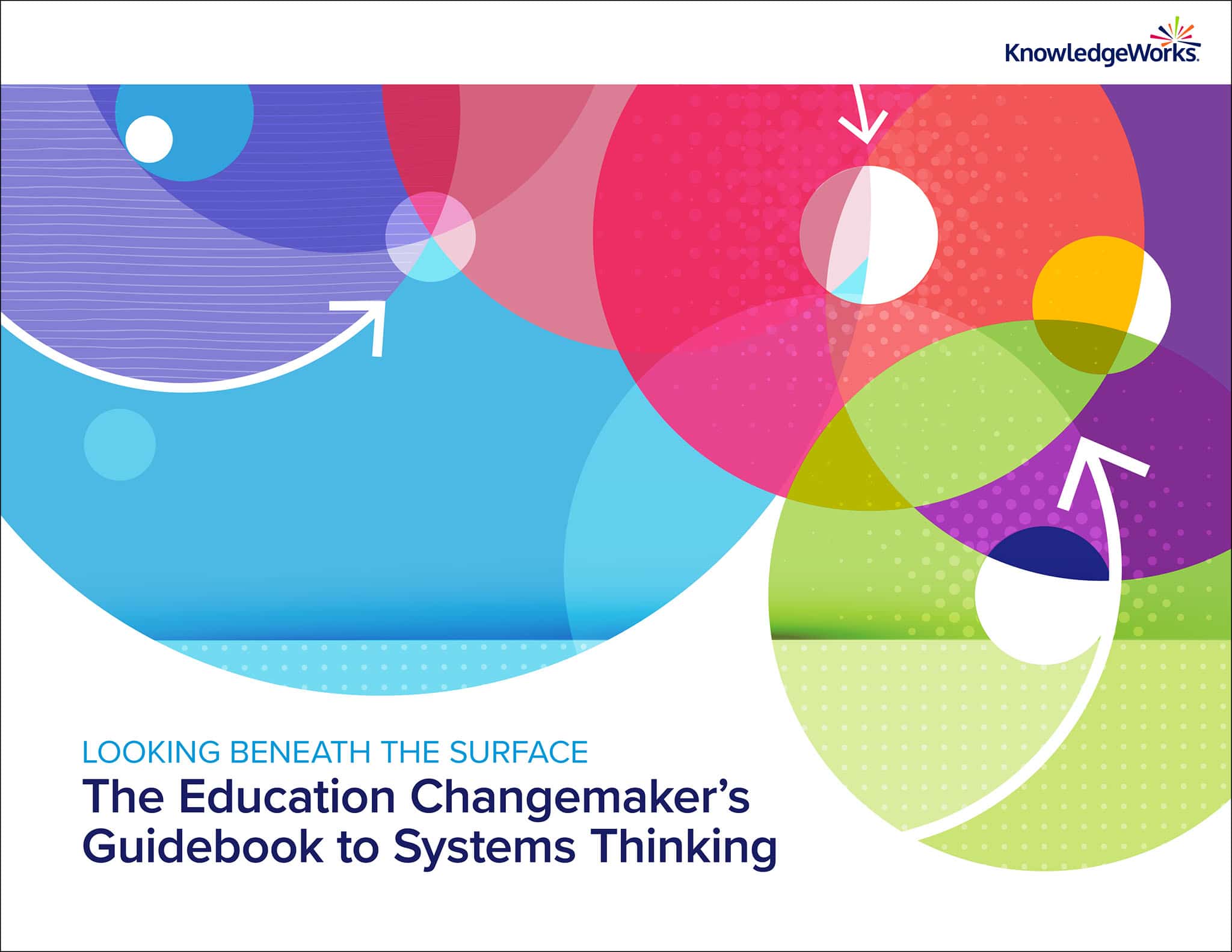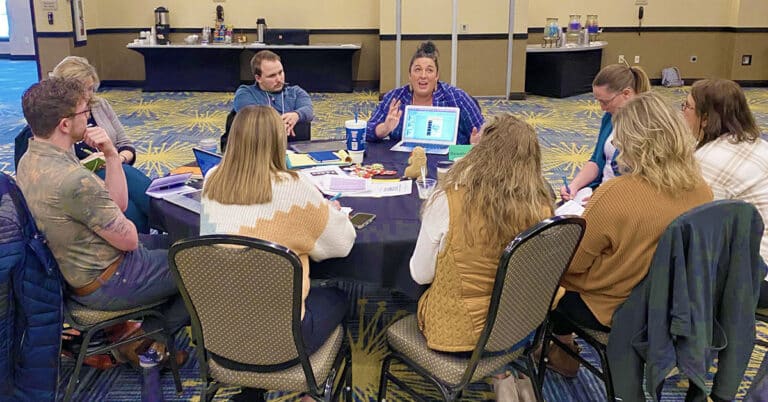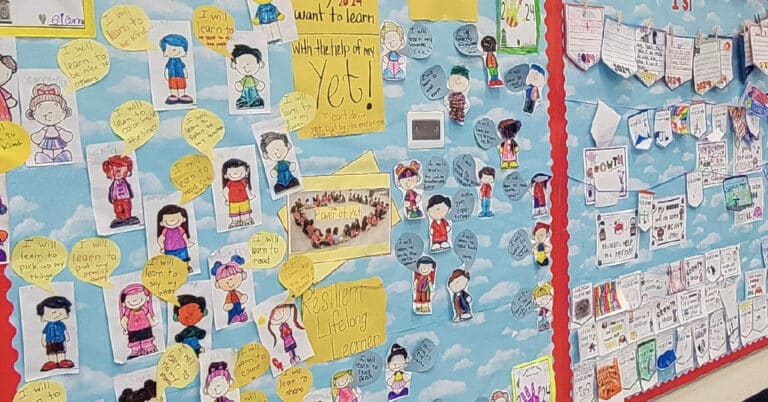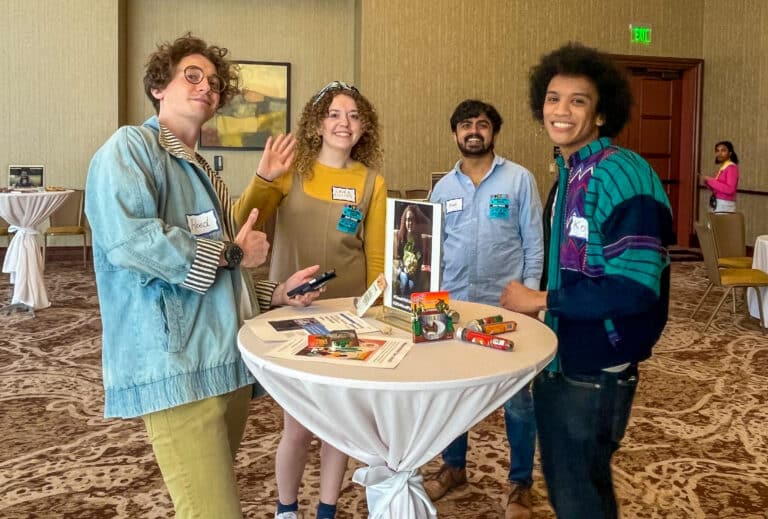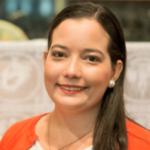In her work as a professor and Faculty Director of the PEER Lab (Partnerships for Education, Equity & Research), Dr. Shelley Zion cultivates meaningful relationships – and helps others to understand that there’s no way to create lasting, impactful partnerships in the community without them. Not between institutions and grassroots organizations, and not between individuals.
Considering the futures thinking proposed in Envisioning Human-Centered Learning Systems, Dr. Zion shares her insights.
What role do you see community partnerships – between institutions and governmental entities, among others – playing in building towards a more human-centered vision for learning?
One of the challenges in the conversation about partnerships is defining community. Too often when people think about community partnerships, they think about them as partnerships between formal organizations. Less often they include grassroots organizing groups, and rarely include individuals who are part of the community. There needs to be a conversation at the beginning about how we are defining community and who’s included. Are we really doing community, or are we using that word and it’s really a partnership between business and education, or health care and education?
Human-centered must address the very specific needs of very localized communities, rather than focusing on the service-provider level.
What do you feel are the necessary competencies individuals within these institutions need to develop to form these strong partnerships?
One is being fully committed to being in relationships. We can’t build authentic relationships if we’re meeting once a month and trying to get to a deliverable. There’s an authentic level of participation within a community, entering as an individual ready to listen rather than an institution who has something to offer.
There’s also a competency and skillset around consensus-based decision-making. Do individuals within the community have an authentic voice in making the decision or are we are just seeking input? We’re not tokenizing or using the community to get a rubber stamp. We’re sharing power and voice.
And there’s a commitment to really disrupting dominant ideology. Can we have the hard conversations about intersections between race, gender and intersections of power and give up our egos? We have to be willing to authentically listen, engage and create empowering spaces within communities.
What does ‘inclusive innovation’ mean for you?
Innovation assumes that something needs to change in an innovative way. I think about this when I work with groups in communities: they’re not trying to innovate, they’re good. What they want is better access, more voice. A full, authentic partnership requires that we ask questions and don’t make assumptions about what individuals within a community need or want.
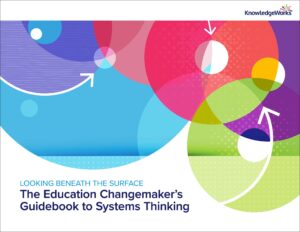
Systems change isn’t easy, and, for it to be meaningful and equitable, it must be well-thought out. “Any obvious solution should be subject to reflection, questioning and further conversation.” And that can take some time. Download Looking Beneath the Surface: The Education Changemaker’s Guidebook to Systems Thinking to help you work through the systems you live and work in.
Learn more >
How do you see your work to expose and dismantle systems of power and privilege contributing to a more human-centered future for learning? What barriers and challenges must we be more aware of?
My work is about developing a critical consciousness about the systems in which we engage. It really is at its core, human-centered. It’s about relationships: who we are and how systems are set up to support or harm us.
With school districts, often the first thing they want is the curriculum, the polices and tools, the action steps. But we need to have the conversations first. We have to be committed to understanding ourselves and each other before we can begin to understand systems and develop the skills to change them. Who do we care about? How did we come to have these values?
We have to define community, together. We have to think about relationships and not assume that things need to change until we’ve had conversations about the hopes and dreams and purposes of the people within the communities we hope to partner with and serve.
Janelle Wood from the Black Mothers Forum talks with KnowledgeWorks about how policy can help empower communities of color and the changes she’s seeing.
